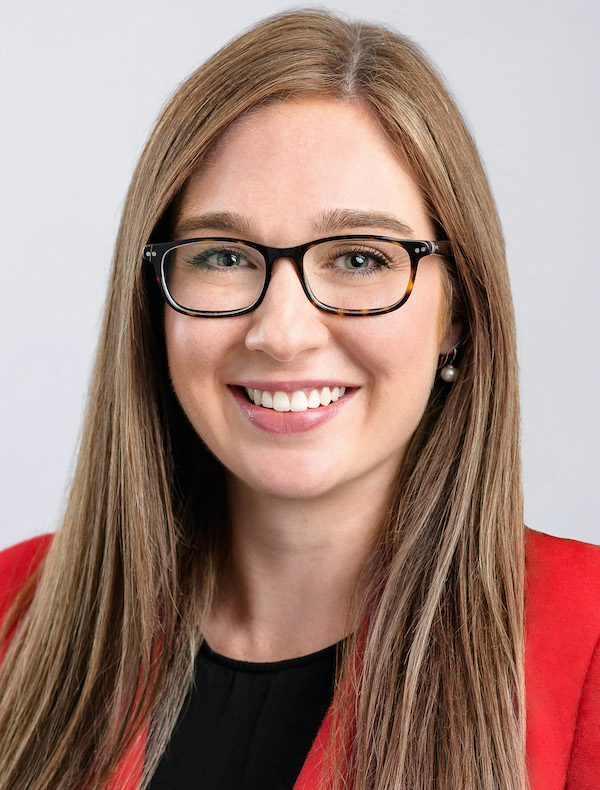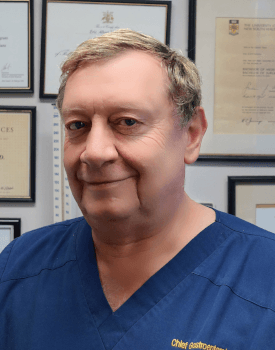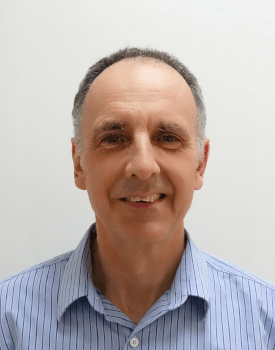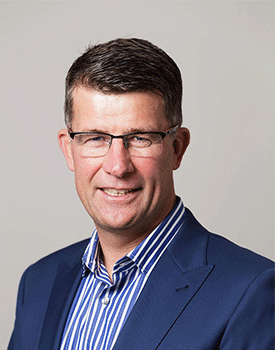Complex Polypectomy
Complex Polypectomy
ENDOSCOPIC MUCOSAL RESECTION (EMR)
Read this information carefully, when you receive it, it contains important information about your procedure. This procedure is used to remove large, usually flat polyps or lesions from the surface of the bowel, usually the colon. Removal of the polyp will reduce your risk of developing bowel cancer. Please do not hesitate to ask any questions to your Specialist or Nursing staff.
Some polyps are easy to remove, but a small proportion of polyps are larger and/or flater than average and requires the EMR technique. This is generally considered the safest method for their removal. The different techniques used are dependant on the presentation of your polyp / lesion and on the clinical judgement & expertise of your Specialist. A surgical approach is associated with some morbidity and usually a short stay in hospital.
EMR technique, usually involves:
- Injection of a modified saline solution beneath the polyp, lifting the polyp off the lining of the bowel.
- A wire snare (or lassoo) is passed around the raised polyp. The lassoo is pulled tight and an electric current is passed through the snare, which cuts the polyp off and cauterises any blood vessels.
- If the polyp is very large, it may be removed in a number of pieces in the same way. Once the polyp has been retrieved it will be sent to pathology lab for further analysis. It can take up to 7 days before a result is available.
EMR carries the same risks as standard colonoscopies which are explained in the Colonoscopy Patient Information form. However because of the technical nature of the EMR, the risk of perforation or bleeding is higher.
All procedures are performed with a Specialist Anaesthetist to administer your anaesthetic and ensure your safety & comfort.
RISKS include:
Intolerance of the bowel preparation – some people develop headache or vomiting.
Reaction to the anaesthetic – this is very uncommon but is of concern for persons with severe heart or lung disease
Perforation – this is a tear in the bowel wall. Approximately 1:200 (1 – 2%) with the highest risk when removing polyps from the right side. Titanium clips are usually applied to reduce this risk. Should this occur it is almost always recognised on the day of the procedure and surgery will be arranged and performed on the same day.
Bleeding – bleeding can occur, approximately 1: 200 (1 – 2%). This may occur immediately during the procedure but sometimes can occur up to 14 days afterwards. If bleeding does occur, it frequently stops on its own accord without any intervention. However, very occasionally it requires a blood transfusion or a repeat endoscopy procedure.
Incomplete removal – sometimes the entire polyp cannot be removed due to technical difficulty. If this is the case, you may need a further attempt with an endoscopy or operation at a later date.
Aspiration pneumonia – (1: 5,000) occurs when a person may inhale some contents of the stomach during the procedure. This may cause a lung infection that may require hospitalisation and antibiotics.
Damage to teeth may occur when a person with capped, loose or teeth in poor condition get damaged. Although we make every effort to protect your teeth, such damage can occur.
BEFORE THE PROCEDURE
You will be given the standard Colonoscopy preparation instructions to wash out the bowel before the test. Stop Fish Oil / Krill tablets x 1 week prior to procedure. Blood thinning medication will need to be reviewed by your Specialists.
DURING THE PROCEDURE
From your point of view, you may notice no difference from your previous colonoscopy. The EMR procedure can take longer, this can vary depending of the size and position of your polyp. All procedures are performed with a Specialist Anaesthetist to administer your anaesthetic and ensure your safety & comfort.
AFTER THE PROCEDURE / RECOVERY
Following the procedure you will remain in the recovery room for one to two hours until the effect of the sedation wears off. You will be given Coffee/Tea and sandwiches when awake & alert. If you have any special dietary requirement eg Coeliac, Kosher – bring a snack for afterwards.
The Specialist will see you before you leave and you will be given a verbal & written report. In addition, a report will be sent to your referring doctor
DISCHARGE
Remember to bring a contact telephone number for your escort. It is very important that you do not drive a car, travel on public transport alone, operate machinery, sign legal documents or drink alcohol on the day of the test, and you should not return to work until the next day. You should return home, rest quietly, resume a normal diet and drink water and other fluids.
You will be given Discharge Instructions for you & your carer with details of follow up instructions & possible side effects.
AFTER DISCHARGE
If you have any of the following symptoms: severe chest or abdominal pain, breathing difficulties, spitting up blood, black tarry motions, persistent or increase in bleeding, weakness or dizziness, fever over 38 C or shivers & chills or other symptoms that cause you concern in the hours or days after a colonoscopy you should immediately contact the Clinic, your Specialist or if overnight attend your local Accident & Emergency Hospital.
ALTERNATIVES TO EMR
The only other option would be to proceed directly to surgery, this could be open or laprascopic surgery, depending on the site & size of the polyp / lesion. This is usually straight forward operation but carries the risk of general anaesthetic and surgical complications such as infection.
When possible, EMR is considered to be the safest way to remove this type of polyp or lesion.
INFECTION CONTROL
Infection control guidelines set by the Gastroenterology College of Australia, NHMRC, Standards for Australia and the NSW Health Department are strictly observed.
COMPLAINTS/ SUGGESTIONS / COMMENDATIONS
Please contact the Quality Manager, Director of Nursing or Practice Manager if you have any concerns, problems or suggestions during your stay. If you wish to lodge a complaint contact any of our staff for a complaints form and post to “Quality Manager”.
REMEMBER IF YOU ARE UNSURE ABOUT ANY OF THESE INSTRUCTIONS; PLEASE CONTACT THE NURSING STAFF ON 9369 3666
OUR SPECIALISTS
SERVICES
OUR ADDRESS
| Level 10 & 11, 1 Newland Street Bondi Junction NSW 2022 |
| Level 10 : Procedures |
| Level 11 : Consultations |








